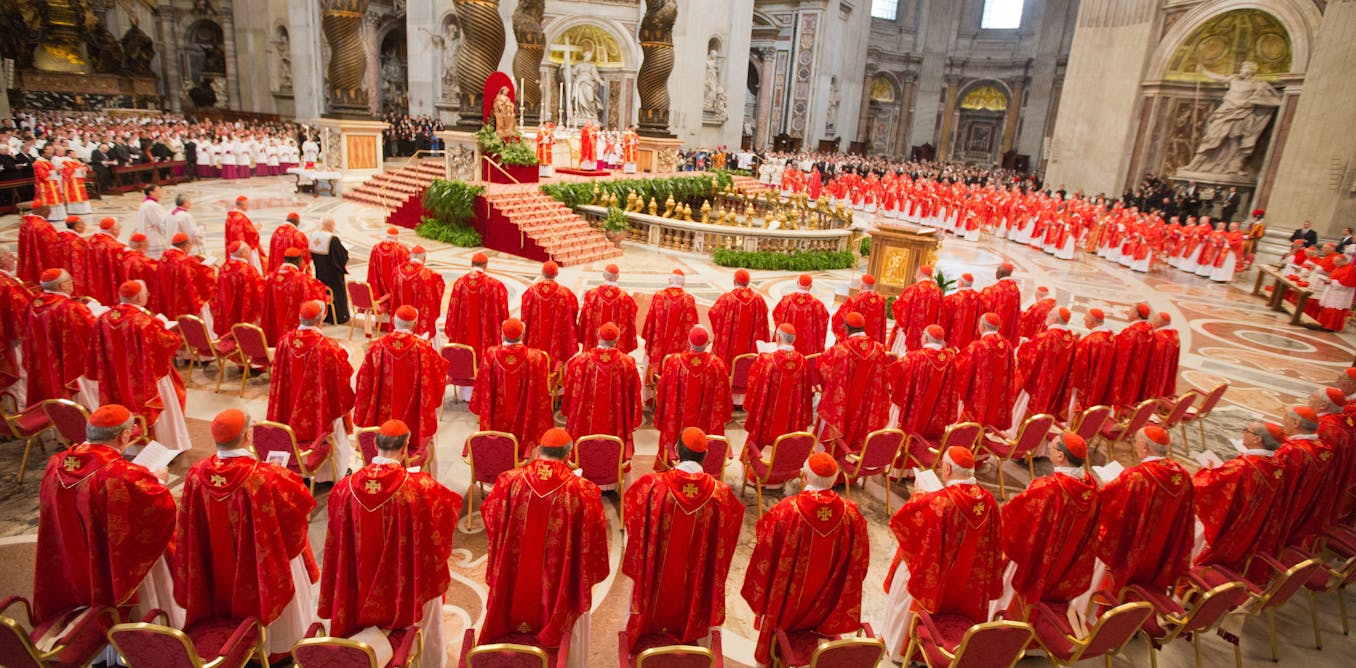
"The College of Cardinals, which will elect the next pope, has 252 members, but only 135 can vote. This means younger cardinals, those under 80, hold significant power in determining the future of the papacy."
"While church law permits the College of Cardinals to elect any Catholic man, historically, the next pope is almost always a successor chosen from within their own ranks."
"The term 'cardinal' derives from Latin, meaning 'hinge' or 'key,' symbolizing their role as key advisers to the pope and a pivotal part of the clergy's structure."
"The evolution of the role of cardinals highlights a shift from local community elections to a more centralized decision-making process heavily influenced by the Vatican."
Following the death of Pope Francis at 88 years old, the College of Cardinals began meetings to plan the papal funeral and elect his successor. Although 252 members exist, only 135 can vote due to age restrictions, emphasizing the influence of younger cardinals in the election. The role of cardinals has evolved significantly since the early Church, transitioning from local voting processes to a tightly controlled election system dominated by the Vatican, where cardinals serve as principal advisers to the pope.
Read at The Conversation
Unable to calculate read time
Collection
[
|
...
]